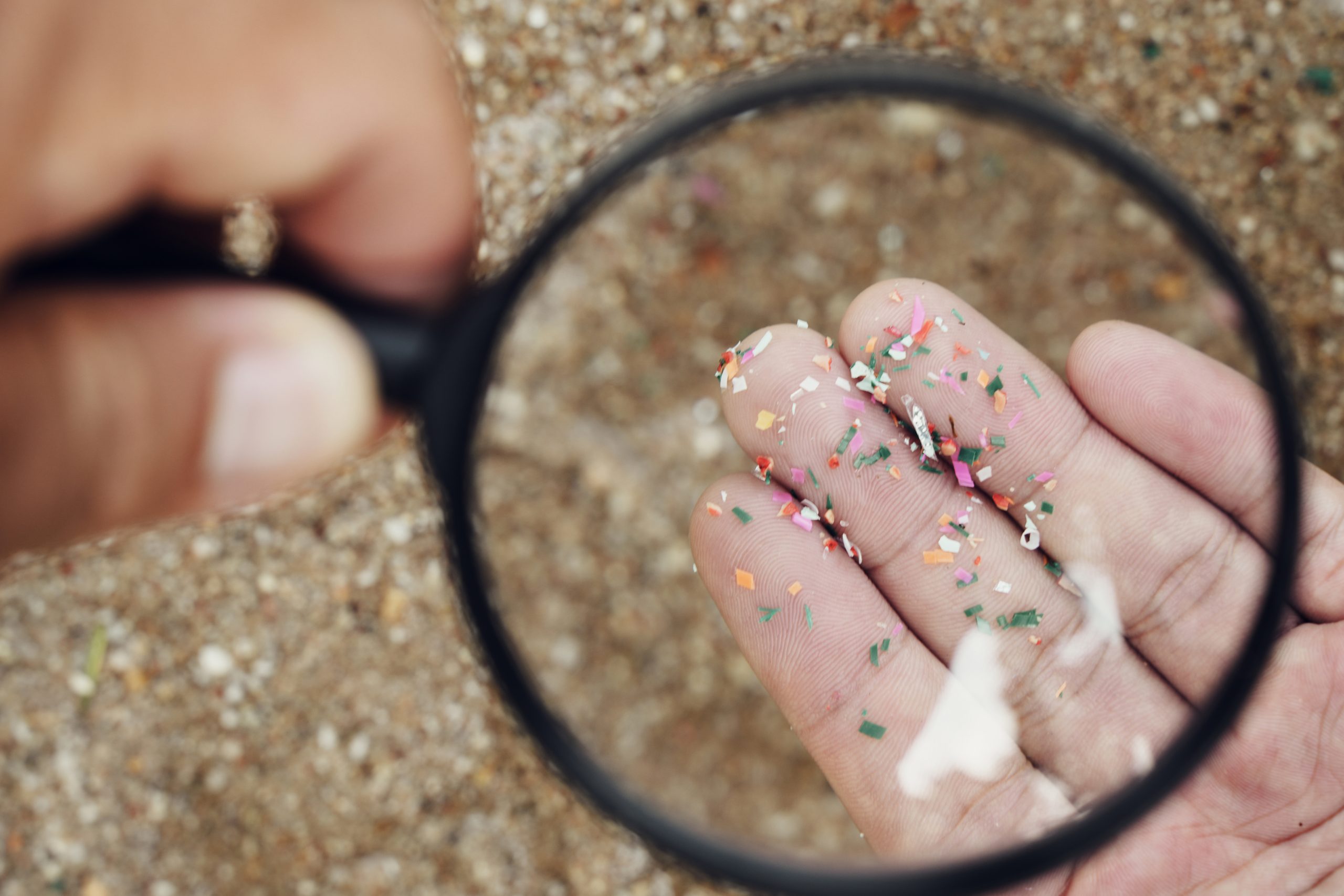
Microplastics have been found in the urinary tracts of the majority of kidney and bladder patients, including more than two-thirds of those with bladder cancer.
The contaminants were in more than half (54 per cent) of urine samples and more than two out of three (70 per cent) kidney samples, the Bond University team found.
For those diagnosed with bladder cancer, 68 per cent of samples had microplastics or the even-smaller nanoplastics, which are so small they can migrate through digestive tissues and into the blood
READ MORE: ‘Urgent’ safety warning for some Boeing 737s
While the Bond University researchers noted that the presence of microplastics didn’t prove that they caused the cancer, there’s evidence that the plastic debris harmed human urinary tract cells by causing toxicity and inflammation, reducing cell survival.
“(It) challenges the World Health Organization’s assertion that microplastics pose no risk to public health,” the authors wrote.
The alarming findings come after an Italian study in February found microplastics in the clogged arteries of more than half of heart disease patients.
That research concluded microplastics appeared to double a person’s risk of heart attack, stroke, and death.
The results of today’s research were collated from 18 previous studies across patients in the US, China, Germany, Italy, the Netherlands, Pakistan and Taiwan.
One of the researchers, PhD candidate Liam O’Callaghan, said it was impossible to avoid microplastics.
“We’re drinking them, we’re eating them, we’re breathing them in. They can be absorbed through the skin,” O’Callaghan said.
“When you heat up plastic containers there can be millions of these tiny microplastics that leach into the food.
“You might filter your water but if that filter is made of plastic, over time it is going to start to degrade and pollute the water you’re drinking.”
READ MORE: Aussie travellers left high and dry as Kokoda Track closes indefinitely
He said even something as simple as a tea bag is coated in plastic, releasing billions of plastic particles into a person’s tea when covered with boiling water.
About 368 million tonnes of plastic were produced in 2019 and that is expected to double by 2039.
One litre of bottled water has been found to contain an average of 240,000 plastic particles from seven types of plastics.
A 2018 study detected the existence of micro- and nanoplastics in 93 per cent of samples of bottled water sold by 11 different brands in nine countries.
Meanwhile, it is estimated that 404.61 million urinary tract infections occurred in 2019 worldwide, resulting in more than 236,000 deaths.
The new study, published in the Journal of Exposure Science & Environmental Epidemiology, is believed to be the first to summarise research on the presence and effects of microplastics in the human urinary tract.
links to content on ABC
9News





